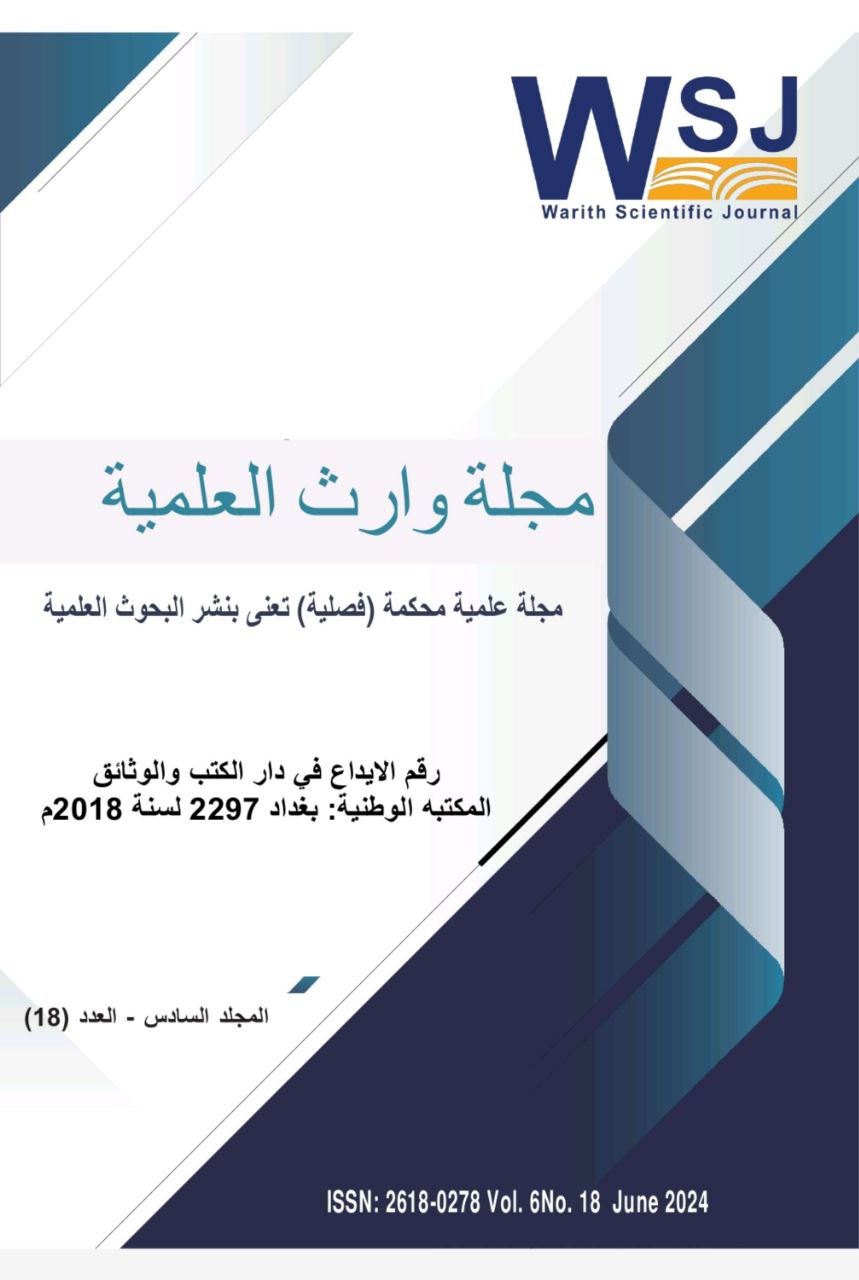Analysis of the development of intra-regional foreign trade and some macroeconomic indicators for Saudi Arabia for the period (2004-2021)
##plugins.themes.academic_pro.article.main##
Abstract
In light of these transformations, and to avoid isolation, some countries have resorted to establishing blocs among themselves, whether they are developed or developing countries. Therefore, since the 1990s, the global economy has witnessed a trend towards the formation of economic blocs and the establishment of free trade areas and customs unions. The establishment of these blocs depends mainly on the ties and common interests that bind these countries, as a result of the many gains and advantages that this bloc includes and results in improving the rates of trade exchange between member countries and the recovery of international trade. Intra-trade between them is the result of removing restrictions and barriers between them and adopting a unified policy towards non-member countries. This research aims to shed light on the analysis of the development of intra-Saudi foreign trade for the period (2004-2021), and in the research we have allocated the state of the Kingdom of Saudi Arabia as a model, as the economy of the Kingdom of Saudi Arabia. Considered a rentier economy, Saudi Arabia has an oil-based economy and strong government control. It controls major industrial activities and owns more than 18% of the world's oil reserves. It is the largest oil exporter and plays a leadership role in OPEC, although its influence has declined in recent years. Saudi Arabia also has the largest food supplies in the Middle East by trade. For example, the flour warehouses of the General Grain Corporation contain more than 3.3 million tons of wheat, but Saudi Arabia, like other countries in the world, is still facing difficult conditions.

